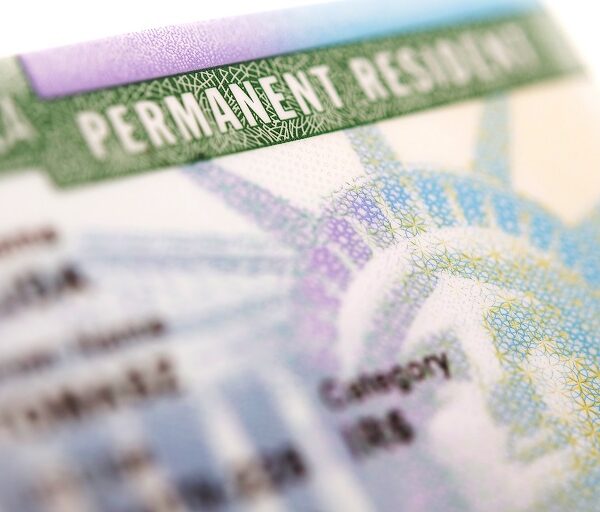Migrant Sent Back to Italy from Albania Over Mental Health Concerns
The journey of migrants seeking better lives often comes with numerous challenges, including legal, social, and mental health issues. A recent incident involving a migrant who was returned to Italy from Albania due to psychiatric concerns highlights the complex intersection of migration and mental health. This situation raises questions about the adequacy of mental health support within the asylum process and the responsibilities of host countries towards vulnerable individuals.
The Incident: A Case of Necessary Intervention
This particular case involved an individual who, after arriving in Albania, exhibited significant mental health challenges. Authorities in Albania recognized that the migrant posed a potential risk to himself and possibly others. As a result, they made the difficult decision to return him to Italy, where he initially sought asylum. This decision underscores the importance of addressing mental health issues as part of the migration experience.
Mental Health in Migrant Populations
Migrants often experience high levels of stress and trauma due to various factors, including:
These factors can exacerbate pre-existing mental health issues or lead to new ones, making it essential for receiving countries to provide adequate mental health resources.
Challenges in Providing Mental Health Support
Despite the recognized need for mental health support among migrants, several challenges persist:
The Role of Host Countries
Host countries bear a significant responsibility when it comes to the well-being of migrants. Here are some key obligations they must consider:
International Response and Best Practices
Countries around the world are beginning to recognize the importance of mental health in the migration process. Some best practices include:
Conclusion: A Call for Action
The case of the migrant returned to Italy from Albania due to mental health concerns serves as a stark reminder of the complexities surrounding migration and mental health. It calls for urgent action from host countries to ensure that vulnerable migrants receive the support they need. By addressing mental health proactively, countries can not only improve the well-being of migrants but also foster safer and more inclusive communities.
In conclusion, the intersection of migration and mental health is an urgent issue that requires collaboration across sectors. Governments, NGOs, and communities must work together to create a supportive environment that prioritizes the mental health of migrants. Only through concerted efforts can we hope to address the challenges faced by those who seek refuge and a better life in foreign lands.







